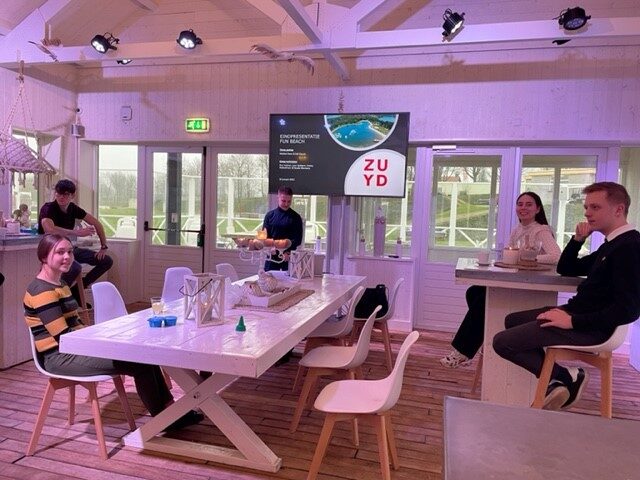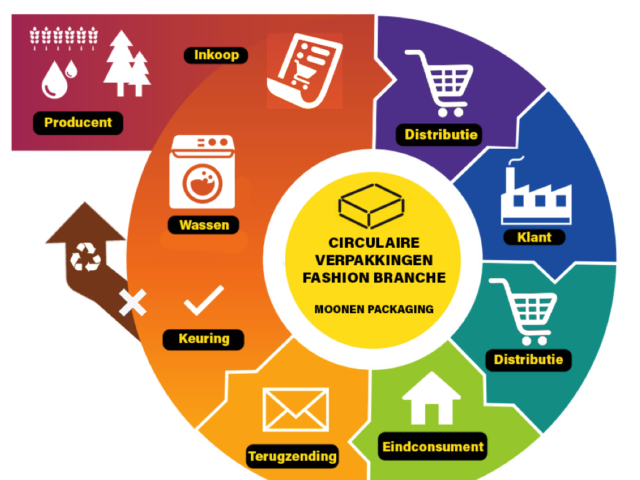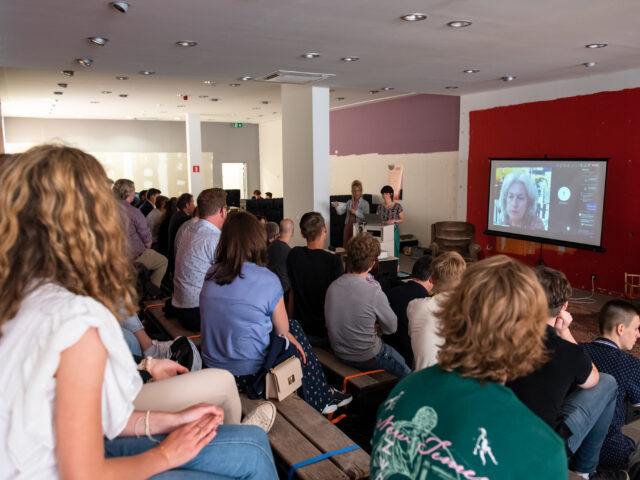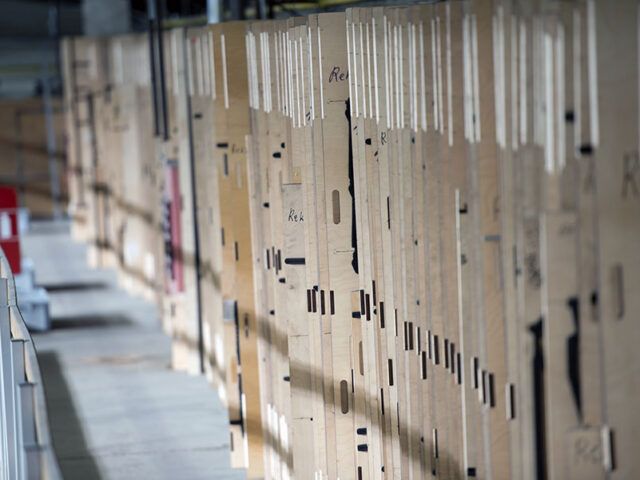Arion Group, the Heerlen-based producer of hygiene products for the healthcare sector, makes no bones about it: more needs to be done with the waste from cutting their Swash® – hygienic wipes and flannels with washing lotion. Even if the cutting process is so optimised, there is still a small residual flow. Wonder what solutions students can come up with. Four pupils from the VWO of ROER College Roermond went to work in a beta trajectory of Wanderful.stream.
Yasmine, Eline, Nina and Joris are each in the fifth year of VWO at ROER College Roermond and received a very special assignment for the subject Research & Design from Arion in Heerlen. This innovative company is active in the international market for healthcare devices. These include hygienic wipes and flannels that have been supplemented with a washing lotion. These wipes are widely used in healthcare to wash people in bed without water. Although the production of these Swash® cloths already has an optimal cutting process, there is still some cutting waste left over from the base cloth during production.

“After a Design Thinking workshop at Discovery Museum, we had a lot of out of the box ideas…”
Eline, student VWO ROER College
DESIGN THINKING
The four pupils were already unanimous in their opinion that this project should be used: “Sustainability is the challenge of the future! And they would like to contribute to that future. There was clearly no lack of motivation; one student already said he wanted to study Environmental Sciences at the HAS in order to contribute to a solution for plastic pollution worldwide. Besides the challenges of circularity and sustainability, these students also encountered an additional challenge during the project: how do you come up with an online solution for this problem? Corona you know…
Eline: “We started the project with research and fortunately this also went very well online. It became more difficult to share prototypes and designs with each other because we missed the facilities at school and the live contact.” However, a Design Thinking workshop at the Discovery Museum in Kerkrade gave them a new creative boost. “After this workshop, we got a lot of out of the box ideas that we were able to share with each other,” it sounds like. “When we were allowed to go back to school, we immediately continued to make prototypes and carry out experiments.”

GARDEN CRESS
Experiments? Certainly, for example, the foursome went to investigate whether cress can grow on the Swash® material. “In our studies, we have been able to consult various experts to think along with us or ask for feedback,” adds Nina. Their ideas were tested by Fabian Groven, CSR manager at Arion, who had also explained the case and given a digital tour of Arion. In addition, Patricia Geelen (CoPo Solutions)was also involved in CHILL and Wanderful.stream as a technical expert, as well as two students from Applied Science who were researching the material properties of the Swash® wipes.
An interim presentation to the Wanderful.Stream project team took place on 28 May 2021 and confirmed the team’s belief in making plant pellets from Swash® residues. One month later, 23 June 2021, the result was presented. The students were allowed to present their research, findings of their experiments and prototypes online and on location in front of an audience.
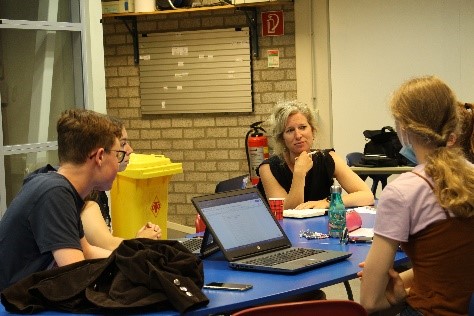
CERTIFICATE
All ideas were received with enthusiasm by Fabian Groven and committed ROER College teachers. The prototypes were also shown: felt coasters and rope that arose from the research with the material, and the experiments with Swash® material as plant pellets were also shown. And it did not stop there. A number of recommendations were also formulated to further investigate these and other ideas in follow-up projects within ROER College but also within the Wanderful.Stream project.

The final presentation concluded with the awarding of a certificate of participation in the Wanderful.Stream programme. A nice certificate for the portfolio of these pre-university students, because with this pre-university education they are not only prepared for university studies, they are also imbued with sustainability and circularity.
